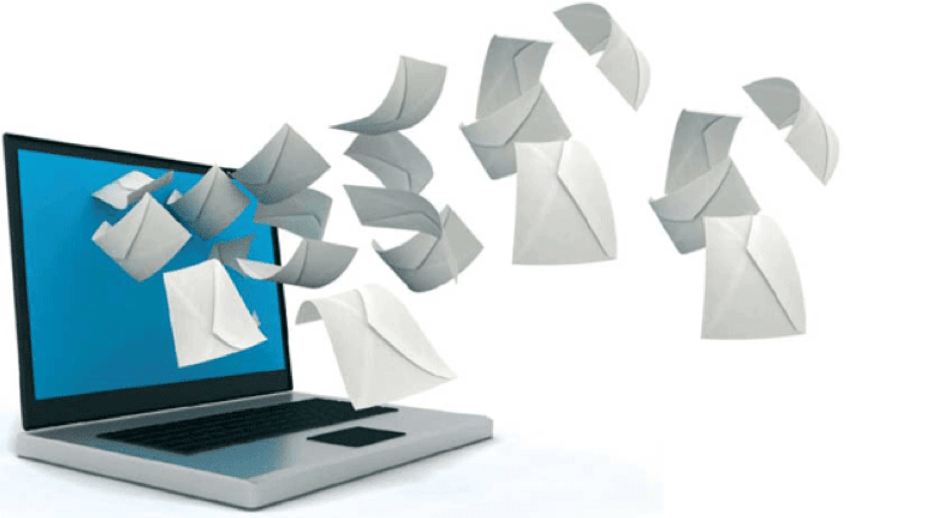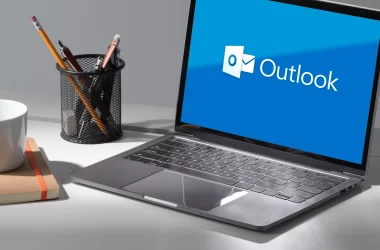Welcome to our comprehensive guide on how to solve the pesky pii_email_13cf12423ea48697466d error that you may encounter while using Microsoft Outlook. We understand how frustrating it can be to face technical glitches, especially when you’re in the middle of important work or trying to stay connected with your contacts. Fear not, as we’ve got you covered with step-by-step solutions to resolve this error and get your Outlook running smoothly again.
What is [pii_email_13cf12423ea48697466d] Error?
Before we delve into the solutions, let’s understand what the [pii_email_13cf12423ea48697466d] error is all about. This error usually occurs when there’s an issue with your Microsoft Outlook application or email settings. It can arise due to various reasons, such as conflicts with other installed software, outdated Outlook version, corrupted files, or incorrect account settings.
Causes of the [pii_email_13cf12423ea48697466d] Error

Before we delve into the solutions, it’s essential to understand the possible causes behind the [pii_email_13cf12423ea48697466d] error. Being aware of these causes can help you tackle the issue more effectively. Some common reasons for encountering this error include:
1. Outdated Outlook Version
Using an outdated version of Microsoft Outlook can lead to compatibility issues and trigger the [pii_email_13cf12423ea48697466d] error. When your Outlook version lacks important updates and bug fixes, it may not function correctly, leading to various errors, including [pii_email_13cf12423ea48697466d].
2. Conflicting Software or Add-ins
Third-party software or add-ins installed on your computer can sometimes conflict with Outlook, causing the error. These conflicts might disrupt the smooth communication between Outlook and your email server, resulting in the [pii_email_13cf12423ea48697466d] error.
3. Corrupted Installation Files
If certain installation files of Microsoft Outlook become corrupted, it can disrupt the smooth functioning of the application and result in the [pii_email_13cf12423ea48697466d] error. Corrupted files can occur due to various reasons, such as unexpected system shutdowns or malware infections.
4. Incorrect Email Account Settings
Incorrectly configured email account settings, such as server details or port numbers, can prevent Outlook from connecting to your email server correctly. If the settings are not aligned with your email provider’s requirements, it may result in the [pii_email_13cf12423ea48697466d] error.
5. Cache and Cookies Accumulation
Accumulated cache and cookies in your web browser can interfere with Outlook’s communication with the server and cause the error. When your browser stores an excessive amount of cache and cookies, it may lead to conflicts and disrupt Outlook’s functionality.
Troubleshooting Steps to Fix [pii_email_13cf12423ea48697466d] Error

Now that we are aware of the potential causes, let’s dive into the solutions to resolve the [pii_email_13cf12423ea48697466d] error:
1. Update Outlook to the Latest Version:
The first and simplest step is to ensure you are using the latest version of Microsoft Outlook. Developers frequently release updates to fix bugs and enhance the software’s performance. So, head over to the official Microsoft website and check for any available updates. If there’s one, download and install it following the instructions provided.
2. Clear Cache and Cookies:
Accumulated cache and cookies can interfere with Outlook’s smooth functioning and lead to the [pii_email_13cf12423ea48697466d] error. To clear them, go to your browser settings, find the option to clear browsing data, and select the cache and cookies checkboxes. After clearing, restart your browser and check if the error persists.
3. Check for Conflicting Software:
Sometimes, third-party software or add-ins can conflict with Outlook, causing the error. Disable any add-ins you’ve recently installed and restart Outlook to see if the problem is resolved. If the error disappears, then one of the add-ins was causing the issue. Enable them one by one until you find the culprit, and then consider updating or removing it.
4. Reconfigure Email Account Settings:
Incorrect email account settings can also trigger the [pii_email_13cf12423ea48697466d] error. To reconfigure your account settings, open Outlook, navigate to the Account Settings section, and double-check the incoming and outgoing server details provided by your email provider. Make sure they match the recommended settings.
5. Repair Outlook:
If none of the above solutions work, you can try repairing Microsoft Outlook. Go to your computer’s Control Panel, find the Programs and Features option, locate Microsoft Office or Outlook in the list, and select the repair option. Follow the on-screen instructions, and once the repair process is complete, restart your computer and check if the error persists.
6. Contact Microsoft Support:
If all else fails, don’t hesitate to reach out to Microsoft Support for further assistance. They have a dedicated team of experts who can help you troubleshoot and resolve the [pii_email_13cf12423ea48697466d] error.
Additional Tips for Preventing [pii_email_13cf12423ea48697466d] Error

Prevention is always better than cure. To minimize the chances of encountering the [pii_email_13cf12423ea48697466d] error in the future, consider implementing the following tips:
- Keep Software Up to Date: Regularly update both your Microsoft Outlook and operating system to ensure you have the latest bug fixes and security patches. Developers frequently release updates to improve the software’s performance and address known issues.
- Remove Unnecessary Add-ins: Review the add-ins installed in your Outlook and remove any that you don’t use or seem unnecessary. This reduces the risk of conflicts and enhances the overall performance of Outlook.
- Use a Reliable Antivirus: Install a reputable antivirus program to protect your computer from potential threats that could affect your email application. Malware or viruses can corrupt files and disrupt the functioning of Outlook, leading to errors like [pii_email_13cf12423ea48697466d].
- Regularly Clear Cache and Cookies: Clearing cache and cookies from your web browser at regular intervals can prevent data conflicts and improve the browsing experience. Additionally, it ensures that your browser communicates effectively with Outlook.
- Double-Check Email Settings: Whenever you add a new email account to Outlook or make changes to existing settings, double-check that the details are correct. Incorrect settings can lead to errors, and verifying them can prevent issues like [pii_email_13cf12423ea48697466d].
By following these additional tips, you can minimize the occurrence of the [pii_email_13cf12423ea48697466d] error and enjoy a seamless email experience with Microsoft Outlook.
Final Thoughts
Dealing with the [pii_email_13cf12423ea48697466d] error can be frustrating, but we hope our comprehensive guide has helped you find a solution to this issue. Remember to follow each step carefully and, if needed, seek assistance from Microsoft’s support team.
While we’ve covered the main solutions to this error, it’s essential to keep your Outlook and other software up-to-date and maintain good cybersecurity practices. Regularly updating your software ensures you have the latest bug fixes and security patches, reducing the risk of encountering such errors in the future.
In conclusion, by following the troubleshooting steps provided in this guide, you should be able to overcome the [pii_email_13cf12423ea48697466d] error and continue using Microsoft Outlook smoothly. If you found this article helpful, don’t forget to share it with others who might be facing a similar issue.
Happy emailing!









